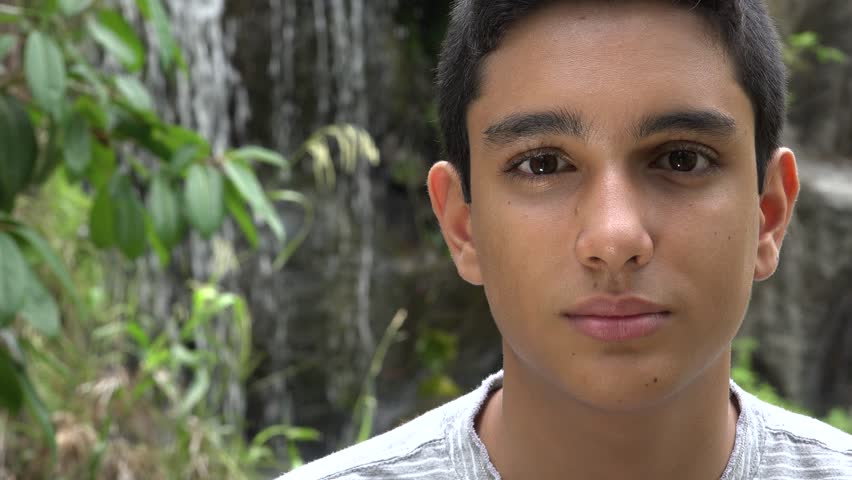Adolescent Anger Management
Anger is one of the most misunderstood emotions in our culture. Anger is simply a surge of energy that helps us prepare to take action in response to a perceived threat. Unfortunately, many young men have learned to associate anger with rage, abuse, and destructive behavior. Stopping these harmful patterns and choosing to use more effective strategies is what anger management is all about.
Who would benefit from this program?
This program is designed for young men who have expressed their anger in explosive and aggressive ways. The program is aimed at helping these teens learn more effective and constructive methods of expressing anger and other emotions. When angry, does your teen:
- Yell or shout
- Swear more than usual
- Call others names
- Drive more recklessly
- Make sarcastic comments
- Slam doors
- Throw things
- Hit or kick objects
- Break objects
- Engage in physical aggression
If so, this suggests that your teen may have a problem with anger.
What does the program provide?
The program ranges from 3-9 months in length, depending on the needs of the client, and offers a flexible format that may include:
- Anger and aggression assessments.
- Time-limited, structured group therapy. When we ave enough teens for a group.
- Individual therapy.
- Family therapy.
Upon successfully completing the program, young men will be able to…
- Take responsibility for the aggressive ways they have expressed their anger.
- Gain an awareness of the underlying issues that fueled their angry behavior.
- Identify the cycle of thoughts, feelings, and behaviors that resulted in their angry acting out.
- Develop and demonstrate more effective interpersonal communication skills.
- Learn and implement skills and strategies to maintain self-control.
- Develop an understanding of the harm their abusive behavior has caused.
- Demonstrate positive changes in other areas that contributed to their problems (i.e. family issues, peer relationships, self-esteem, ability to control impulses, etc.).
What about parents and other family members?
Parent involvement is crucial to the success of the program. Parents and other family members are directly and indirectly affected by the adolescent’s behavior.
Family members will learn how to:
- Support the adolescent as he proceeds through therapy.
- Maximize the family’s strengths.
- Help the family deal with their responses to the adolescent’s explosive behavior.
- Help the adolescent maintain his gains after therapy ends.
Information, Appointments, Referrals
Michael Kogan-White, MA, LP
651-645-0980 ext. 1
Mike.koganwhite@cornerstonetherapyandrecovery.com

